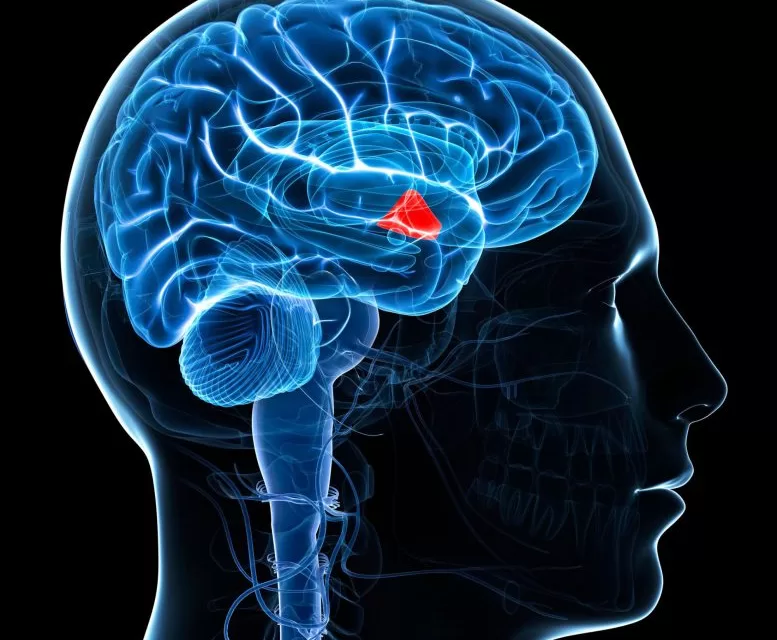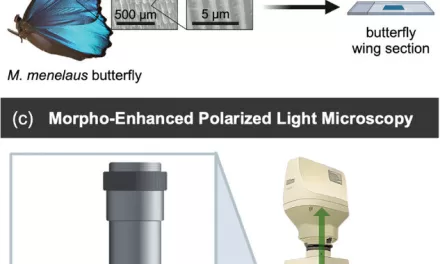A groundbreaking study led by the University of Reading and Royal Berkshire NHS Foundation Trust has found that virtual reality (VR) technology can significantly aid stroke patients in regaining arm movements when combined with traditional physiotherapy. The research, published in the journal Displays, highlights the potential of immersive VR in enhancing upper limb function in stroke survivors.
This innovative approach, developed by experts from the University’s School of Biological Sciences and Royal Berkshire Hospital’s Stroke Unit, could revolutionize stroke rehabilitation by providing an engaging and effective treatment alternative.
A New Step Forward in Rehabilitation
Dr. Yoshikatsu Hayashi from the University of Reading’s Biomedical Sciences and Biomedical Engineering department emphasized the importance of this research, stating, “By using virtual reality technology, we can create an engaging environment that encourages patients to perform their exercises while receiving enhanced visual feedback.”
The study included 18 local stroke patients, who were divided into two groups—one receiving traditional physiotherapy alone and the other undergoing combined therapy with VR. Those who participated in the VR-assisted rehabilitation showed marked improvements in arm function, assessed using standardized medical criteria.
Key Findings from the Study:
- Significant improvement in arm movement for patients using the VR system
- High levels of patient engagement with the therapy
- No serious adverse effects reported during the trial
- Potential for wider application in stroke rehabilitation programs
Ph.D. researcher Samirah Altukhaim, who led the study, reported that patients found the therapy both enjoyable and motivating. “Patients described the therapy as fun and engaging, which encouraged them to use their affected hand more frequently. They also noted improved hand coordination and control, making movements feel more natural,” she said.
Dr. Kiruba Nagaratnam, from the University Department of Stroke Medicine at Royal Berkshire Hospital, hailed the collaboration as a major advancement in rehabilitation. “This partnership between the University of Reading and our hospital has enabled us to explore innovative methods to enhance stroke recovery. The results are promising and highlight the direct impact of local research on patient care.”
The researchers stress that while these initial findings are encouraging, further studies are required to fully assess the long-term benefits and broader implementation of VR technology in stroke rehabilitation.
Disclaimer: While virtual reality shows potential as an innovative rehabilitation tool, patients should consult their healthcare providers before adopting new treatments. The study’s findings should not be considered a substitute for professional medical advice or treatment.
For more details, refer to the full study: Samirah Altukhaim et al, Immersive virtual reality enhanced reinforcement induced physical therapy (EVEREST), Displays (2025). DOI: 10.1016/j.displa.2024.102962.












